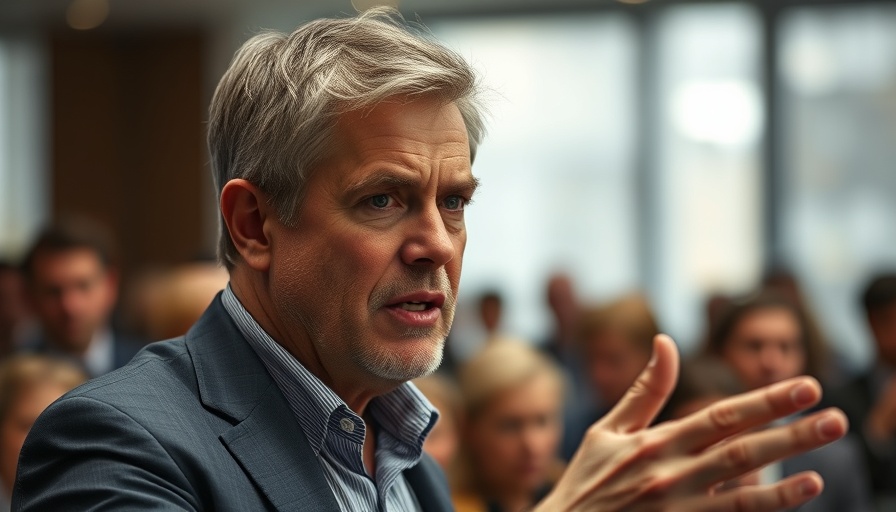
Unraveling Allegations: The Senzo Mchunu Investigation
As scrutiny deepens in South African politics, the call for transparency is louder than ever. Speaker of the National Assembly, Nosiviwe Mapisa-Nqakula, has formally initiated an examination into allegations surrounding Senzo Mchunu, the Minister of the Public Service and Administration. This inquiry will be conducted by three parliamentary committees aimed at determining the validity of the claims made against him. The investigation underscores the continuous struggle against corruption within the nation's political framework, echoing public demand for honesty and accountability in governance.
Understanding the Importance of Accountability
The increasing number of corruption investigations in South Africa reflects a broader societal desire for justice, particularly with regard to government policies that impact citizens' daily lives. Recent political discourse has highlighted significant unrest over government services—illustrated by persistent load shedding, the Eskom crisis, and extended unemployment rates. The South African populace finds itself at a crossroads, where trust in political leadership is waning. Investigations like that of Mchunu's are not merely procedural; they serve as a beacon of hope for more accountable governance.
The Political Landscape: ANC vs. Opposition Parties
The probe into Senzo Mchunu's allegations inevitably intersects with the ongoing dynamics between the ANC and its opposition, including the Democratic Alliance (DA) and the Economic Freedom Fighters (EFF). With national elections looming, how these parties navigate the implications of these allegations could either solidify their bases or further alienate voters. The opposition is likely to capitalize on this investigation, leveraging it to question the ANC's ability to manage government policies effectively and uphold integrity in public office.
Historical Context: A Pattern of Investigations
Historical patterns of state capture and corruption in South African politics can shed light on the significance of this inquiry. Previous corruption investigations have often led to political upheaval and reform demands. As the nation still grapples with the legacy of the Jacob Zuma era, the Mchunu allegations represent a potential turning point—either reinforcing the status quo or pushing for genuine systemic change as the electorate grows increasingly impatient with political maneuvering.
Public Reaction: A Sense of Disillusionment
For citizens, the repetitive cycle of allegations and investigations can lead to a pervasive sense of disillusionment. The skepticism surrounding political motives becomes amplified in light of consistent failures in service delivery and visible economic disparities. Citizens' concerns—epitomized by frustrations over water scarcity, infrastructural decay, and rising crime rates—fuel their desire for swift and decisive action from their leadership. Understanding public sentiment is crucial for leaders who wish to restore faith in a democratic process that appears increasingly tainted by corruption and ineffectiveness.
Future Implications: Shaping Government Policies
The outcome of the investigation into Senzo Mchunu could resonate far beyond the immediate allegations. Depending on the findings, it may catalyze reforms within the public service sector, impacting how future government policies are formulated and implemented. Additionally, the inquiry could serve as a litmus test for voter engagement ahead of the next elections, where policies on issues like economic recovery and service delivery will take center stage. This investigation could thus either mitigate or exacerbate the underlying tensions present in the political landscape.
Conclusion: A Call for Civic Engagement
The ongoing investigation concerning Senzo Mchunu is a critical chapter in South Africa's quest for justice and accountability in governance. Each layer of inquiry not only lays bare individual allegations but also serves as a necessary reminder to citizens about the importance of civic engagement. Individuals are encouraged to participate in political discourse, advocate for transparency, and hold leaders accountable for their actions. As voters, staying informed and active can drive essential changes that foster a healthier political environment.
 Add Row
Add Row  Add
Add 




Write A Comment